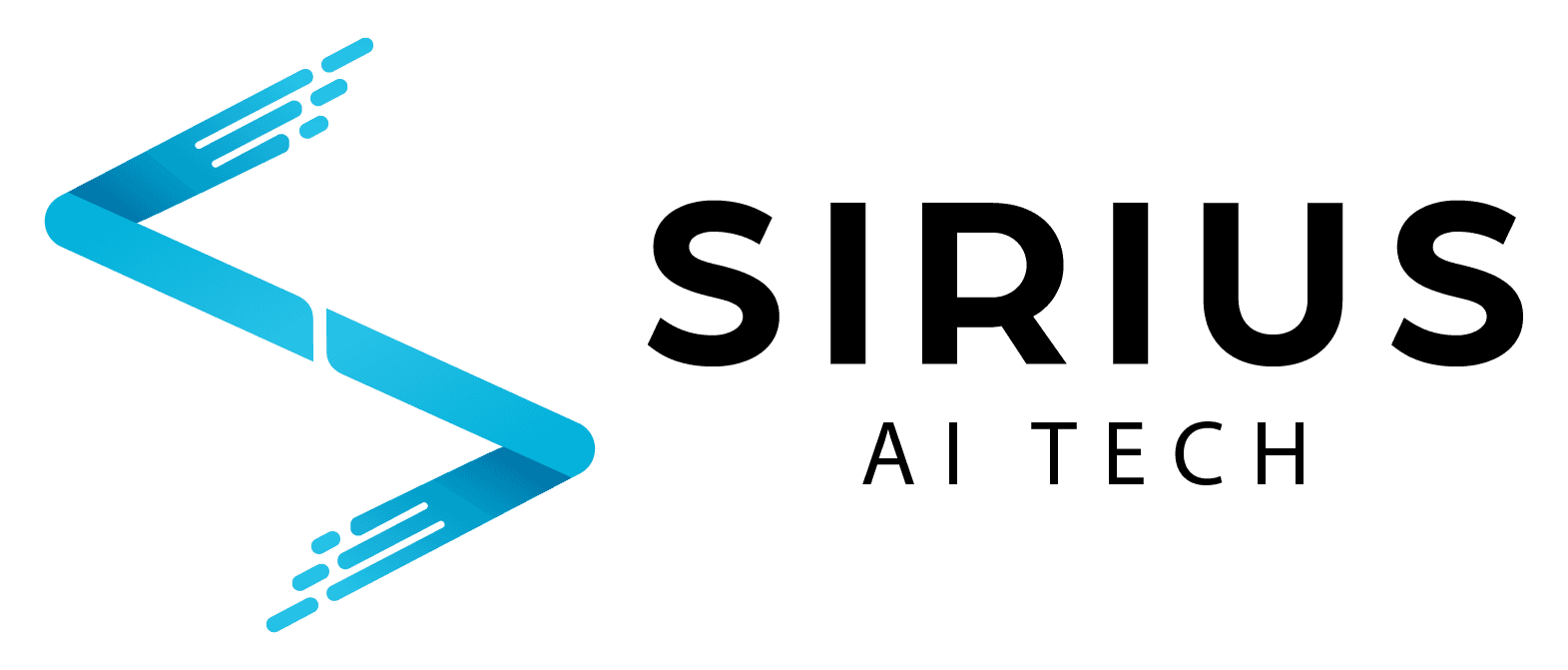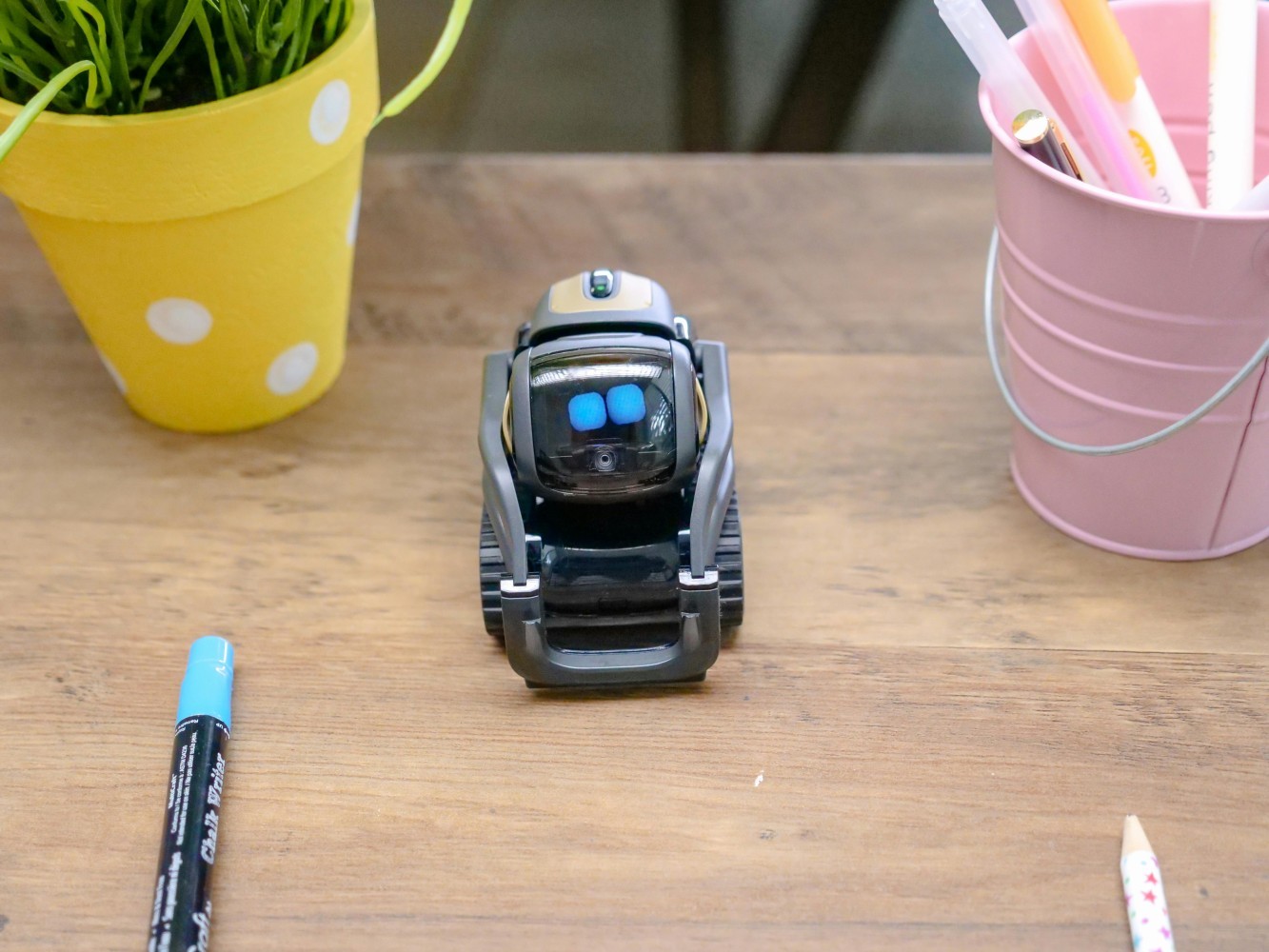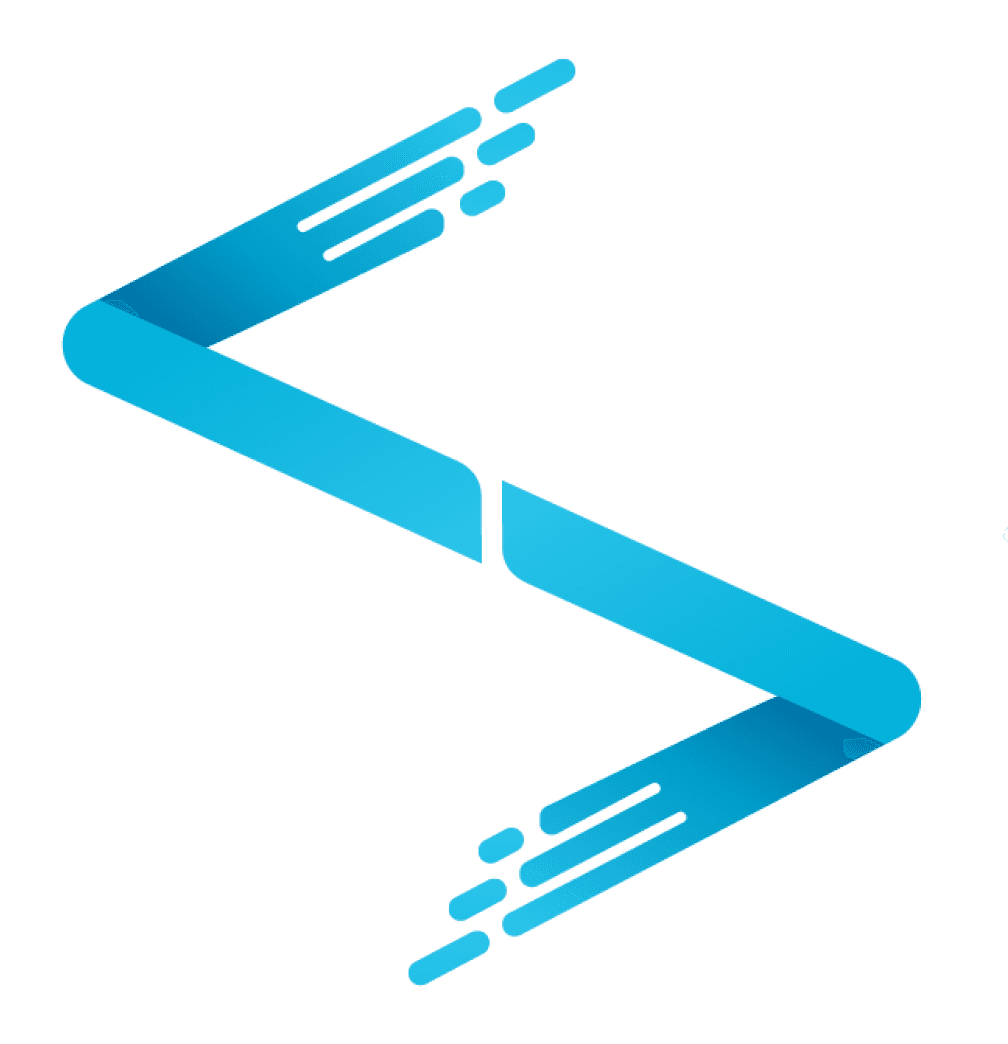Will AI Take Your Job? Probably Not, Here’s Why
When someone mentions artificial intelligence at work, most people don’t cheer with excitement. Instead, there's a quiet panic.
Blog >
Will AI Take Your Job? Probably Not, Here’s Why
When someone mentions artificial intelligence at work, most people don’t cheer with excitement. Instead, there's a quiet panic: Is this the beginning of my career's slow death by automation? But let’s pump the brakes on the dystopian thinking. AI isn’t here to steal your job, it’s here to change how you work, and, if you’re smart about it, make your life a whole lot easier.
AI is like that coworker who thrives on spreadsheets and gets a little too excited about organizing things. They’re not after your position, they just want to handle the tedious bits so you can focus on the work that actually matters. So, no, your desk isn’t turning into a charging station for a robot anytime soon. Let’s explore why.
The AI Myth: Automation as the Job Thief
Let’s address the elephant in the room: people often fear that AI and automation will replace human jobs entirely. And sure, there’s truth to the idea that some roles will change or even disappear. A World Economic Forum report predicts that AI could eliminate 85 million jobs by 2025. Sounds scary, right? But here’s the twist: the same report also states that AI will create 97 million new jobs, roles that didn’t even exist a few years ago.
Think about jobs like “AI trainers” or “data ethicists.” These aren’t buzzwords; they’re legitimate professions born from the intersection of technology and human expertise. The key takeaway? AI isn’t a job eliminator, it’s a job transformer. The roles it takes on are usually the repetitive, time-consuming ones, allowing humans to focus on tasks that require creativity, critical thinking, and emotional intelligence.
AI in Action: The Logistics Makeover
Let’s look at Sarah, a logistics manager at a mid-sized e-commerce company. Her daily grind involved manually optimizing delivery routes, a thankless task made even harder by unpredictable traffic and last-minute order changes. But then her company introduced an AI tool like Seferi, which automated route planning in real time. Suddenly, Sarah wasn’t buried in spreadsheets anymore. The AI handled the repetitive logistics, freeing her to strategize on bigger-picture challenges like expanding delivery zones and improving customer satisfaction.
Here’s what happened next: drivers completed deliveries faster, customer complaints dropped, and Sarah’s team’s productivity shot up. Not only did she keep her job, but she also got a promotion for spearheading this AI-powered transformation. AI wasn’t her rival; it was her secret weapon.
AI’s Impact Across Industries
1. Marketing and Content Creation
Marketing has seen a massive transformation thanks to AI tools like Lobster Lead. Imagine being able to automate keyword research, content optimization, and even blog post drafts. Marketers no longer have to slog through SEO grunt work. Instead, they can channel their energy into creative campaigns and brand strategy.
Take Emily, a content strategist who once spent hours analyzing search trends. With Lobster Lead, she receives detailed keyword reports and AI-generated content drafts that are SEO-ready. This lets her focus on refining brand messaging, designing creative campaigns, and engaging her audience. The result? Less stress, better content, and more visibility for her company.
2. Logistics and Supply Chain
Logistics is another industry where AI shines. Tools like Seferi optimize delivery routes, track shipments, and streamline operations. For logistics teams, this means fewer delays, lower costs, and happier customers. Drivers spend less time in traffic and more time getting the job done, while managers like Sarah (remember her?) can focus on strategy instead of spreadsheets.
3. Customer Service
AI-powered call centers are revolutionizing customer service. Tools like Calling AI handle repetitive inquiries, such as order tracking or appointment scheduling, leaving human agents to tackle more complex issues. Instead of being overwhelmed with mundane tasks, customer service teams can focus on building relationships and solving unique problems. What's more is that tools like Calling AI can learn from their own calls, creating custom call flows that increasingly have more success rates for the purpose of the calls, whether that is scheduling a sales appointment or ensuring a complaint is reported properly.
New Jobs, New Opportunities
AI isn’t just taking over tasks, it’s creating entirely new career paths. Ever heard of a “prompt engineer”? These professionals teach AI systems to understand and execute specific tasks. Or what about “AI ethicists,” who ensure algorithms remain unbiased and ethical?
These jobs aren’t about coding, they’re about critical thinking and problem-solving. So, if you’re worried about being left behind, start by honing your creativity and adaptability. The future workforce will need humans who can guide AI, not just use it.
Case Study: The Coffee Revolution
Let’s step out of the corporate world for a moment. Meet Jesse, a barista who was sure his job was safe from automation. That was until his café introduced an AI-powered coffee machine. Jesse panicked, was this the end of his latte art career?
The opposite happened. The machine took over repetitive tasks like steaming milk and pulling espresso shots, freeing Jesse to focus on customer interactions and perfecting his latte art. The café rebranded him as a “Coffee Concierge,” and customer satisfaction, and tips, soared.
The moral? AI didn’t replace Jesse; it enhanced what he was already great at. And the robot? Well, it still can’t spell “Stephanie” on a coffee cup.
How to Stay Ahead in an AI-Powered World
Learn to Collaborate with AI You don’t need to code AI to benefit from it. Tools like Calling AI can handle repetitive tasks, like responding to inbound queries, giving you more time to focus on customer relationships.
Double Down on Creativity Robots can crunch numbers, but they can’t think outside the box. Hone your ability to solve problems and think creatively, it’s a skill that will always be in demand.
Stay Curious Technology evolves quickly. Keep an open mind and continuously learn, whether it’s about new tools or emerging roles in your industry.
Build Emotional Intelligence While AI can analyze data, it can’t replicate human empathy or intuition. These skills will set you apart in a tech-driven workplace.
Closing Thoughts: Friend or Foe?
AI is shaking up the workplace, but it’s not the villain some make it out to be. It’s more like a quirky new coworker, occasionally frustrating but ultimately a massive help. The key is to embrace the change, adapt, and use AI as a tool to amplify your strengths.
So, is AI your new favorite teammate or just another gadget to figure out? Let us know what you think, we promise there’s still a human reading the comments (for now).
Related Blogs

The EU AI Act: A Barrier to Innovation or a Blueprint for Responsible AI?
Explore how the EU AI Act reshapes innovation, ethics, and compliance in AI—and how Sirius AI Tech helps businesses adapt responsibly.
Read

Small Business, Big Impact: How AI Agents Can Boost Your Competitive Edge
Discover how AI agents can boost your small business's efficiency, enhance customer service, and drive growth. Unlock your competitive edge today!
Read

Celebrating Pioneering Women in Artificial Intelligence: Inspiring Stories and Impactful Contributions
The inspiring journeys and groundbreaking contributions of pioneering women in artificial intelligence. Explore the importance of ethical AI, diversity, and inclusivity in technology.
Read
Topics
#
Sirius AI Tech
#
Seferi
#
Lobster Lead
#
CV US
#
Boss AI
#
Quantum
#
Calling AI
#
News
#
Resources





